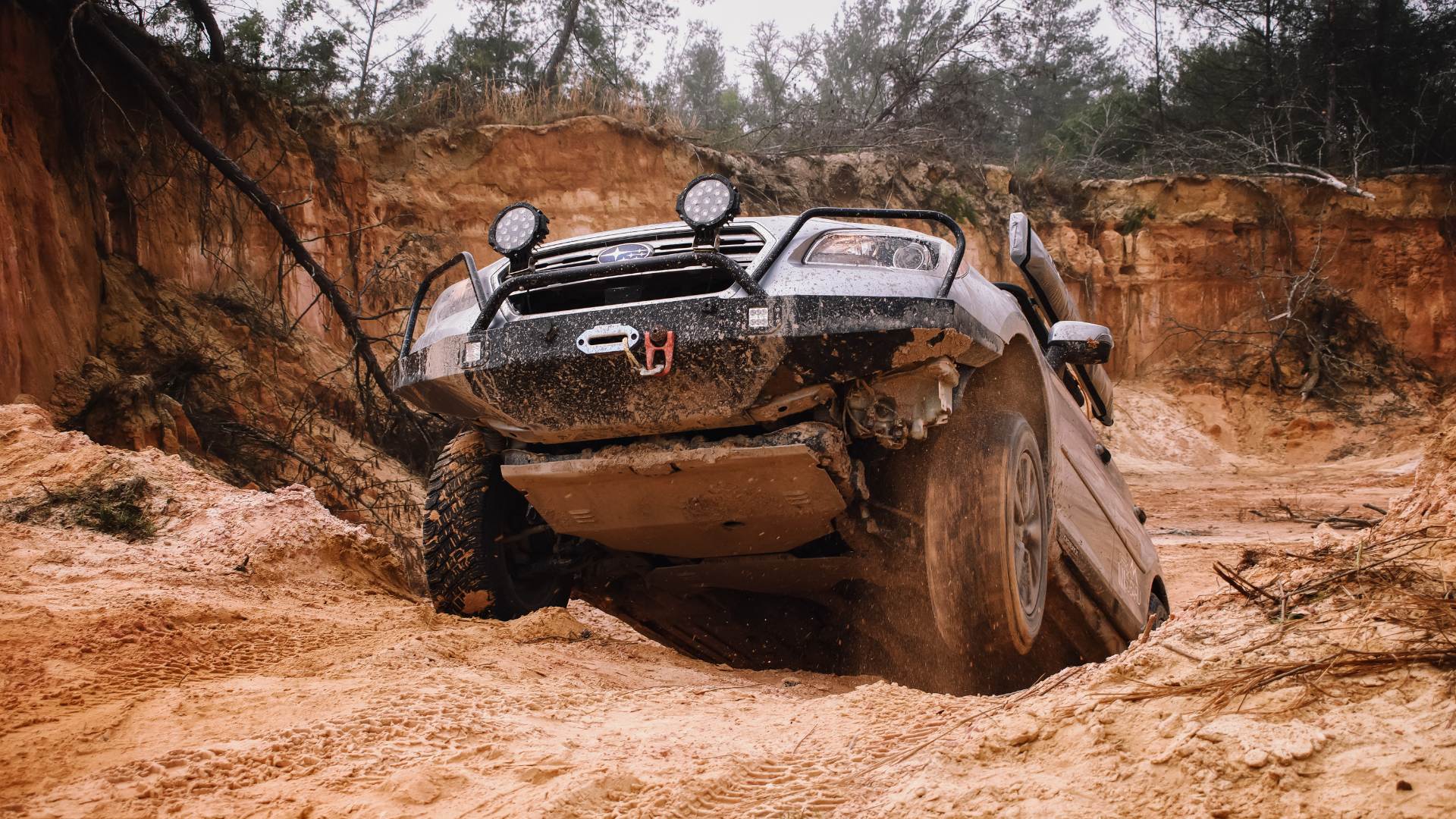Off-roading in Denver’s breathtaking wilderness can be an exhilarating adventure. With a vast expanse of rugged terrain to explore, it’s no wonder that off-roading enthusiasts flock to the area year-round. However, as with any adventure sport, safety should always be a top priority. In this guide, we will delve into Off-Roading Safety 101, equipping you with the knowledge and skills needed to navigate Denver’s challenges safely.
Vehicle Maintenance: The Foundation of Off-Roading Safety
Before hitting the trails around Denver, your vehicle must be in top-notch condition. Proper vehicle maintenance is the first and most crucial step in ensuring a safe off-roading experience. Here are some key aspects to consider:
1. Inspect Your Vehicle
Regularly inspect your off-road vehicle for any signs of wear and tear. Check the tires, brakes, suspension, and all essential components. Make sure everything is in proper working order.
2. Tire Maintenance
Off-roading often involves uneven and rocky terrain, making sturdy tires essential. Ensure that your tires are properly inflated and have adequate tread depth. Consider investing in all-terrain or mud-terrain tires for added grip.
3. Brakes
Your brakes must be responsive and reliable. Check both your brake pads and brake fluid levels before heading out. Overheated brakes can lead to dangerous situations on steep descents.
4. Suspension
A well-maintained suspension system can greatly improve your off-roading experience. Ensure that all suspension components are in good condition and properly lubricated.
5. Fluid Levels
Check your vehicle’s fluid levels, including oil, coolant, and transmission fluid. Carry extra fluids with you in case of emergencies.
A well-maintained vehicle is your ticket to a safe and unforgettable off-roading experience. If you are in need of a professional 4×4 shop to handle your off-road vehicle’s maintenance in Denver, we trust Parker 4×4, Denver’s Jeep, SUV, and 4×4 repair experts, to ensure our off-road vehicles are ready for any challenge. Visit Parker 4×4 at https://www.parker4x4.com/ to schedule your vehicle inspection in Denver today and keep your off-roading adventures worry-free.
Emergency Preparedness: Be Ready for Anything
No matter how well you prepare, unexpected situations can arise when off-roading. Being prepared for emergencies is crucial to your safety and that of your passengers. Here’s what you need to do:
1. Communication
Invest in reliable communication devices like two-way radios or satellite phones. Cell phone reception can be spotty in remote areas.
2. First Aid Kit
Always carry a well-stocked first aid kit and know how to use it. Include items like bandages, antiseptics, pain relievers, and any personal medications.
3. Navigation Tools
GPS devices, maps, and compasses are essential for staying on course and finding your way back if you get lost. Familiarize yourself with the terrain and have a backup plan.
4. Recovery Gear
Off-roading often involves getting stuck in challenging terrain. Carry recovery gear such as tow straps, shackles, a winch, and a shovel to help get your vehicle out of tight spots.
5. Emergency Supplies
Pack essentials like food, water, blankets, and clothing appropriate for the weather conditions. You might also need tools for minor vehicle repairs.
Tips for Handling Challenging Terrain
Denver’s off-roading terrain can vary from rocky mountain trails to sandy dunes and muddy riverbanks. Each type of terrain requires a different set of skills and precautions. Here are some tips to help you navigate challenging terrain safely:
1. Rocky Terrain
- Drive slowly and carefully to avoid damaging your vehicle or getting stuck.
- Use proper tire placement to avoid rock ledges and obstacles.
- Engage 4WD low range for increased control and traction.
2. Mud and Water Crossings
- Approach mud and water crossings cautiously, testing the depth and consistency first.
- Maintain a steady pace to avoid getting bogged down.
- Seal your vehicle’s electrical components to prevent damage.
3. Steep Inclines and Declines
- Ascend and descend steep slopes in low range and at a controlled speed.
- Use engine braking on descents to maintain control and reduce wear on your brakes.
- Always have a spotter when tackling particularly steep terrain.
4. Sand Dunes
- Lower tire pressure to increase traction on sandy surfaces.
- Maintain a constant speed when driving on dunes to avoid getting stuck.
- Be cautious of soft spots and hidden obstacles.
5. Snow and Ice
- Equip your vehicle with snow chains or studded tires for added traction.
- Drive at a slower speed and increase your following distance on icy roads.
- Always carry cold-weather gear, including warm clothing and blankets.
Conclusion
Off-roading in Denver offers a thrilling way to explore the region’s stunning wilderness. However, it’s essential to prioritize safety to ensure that your adventures are enjoyable and accident-free. Proper vehicle maintenance, emergency preparedness, and terrain-specific skills are the keys to a successful off-roading experience in Denver’s challenging landscapes. By following the guidelines outlined in Off-Roading Safety 101, you can embark on your off-roading journeys with confidence, knowing that you are well-prepared for whatever the wilderness may throw your way. Stay safe, and enjoy the adventure!





